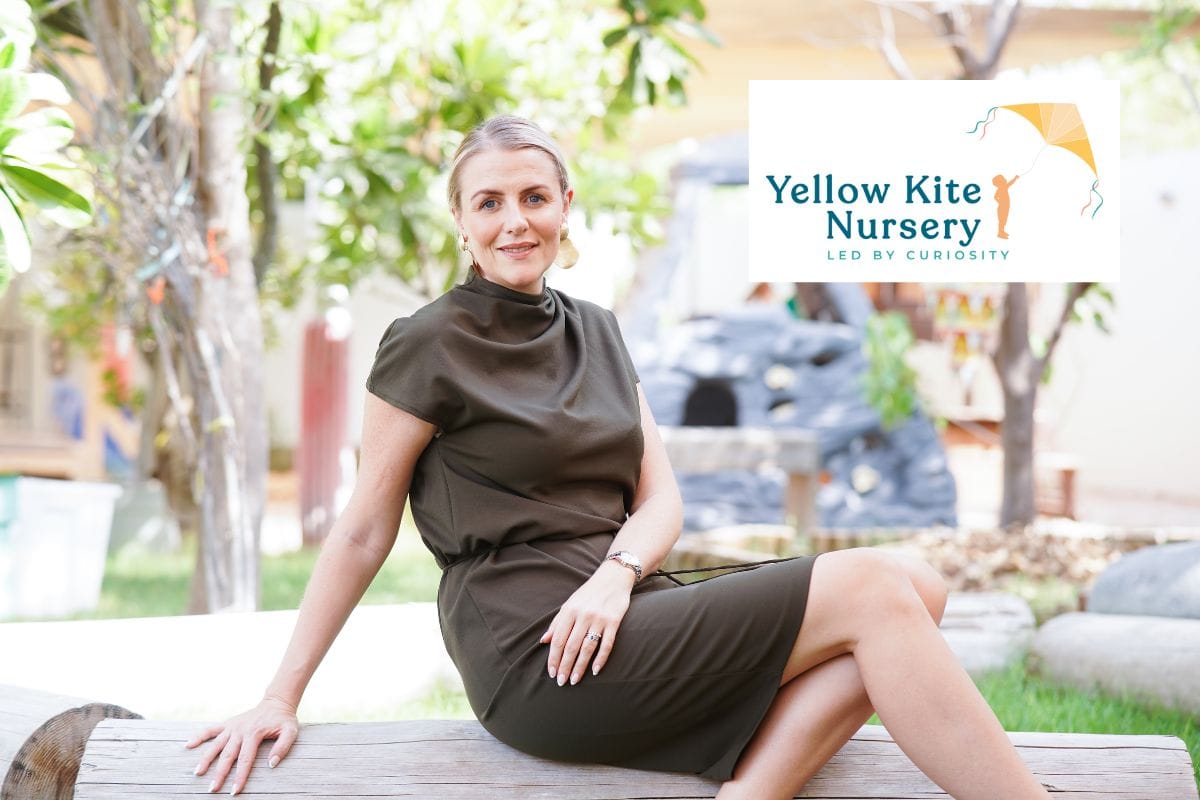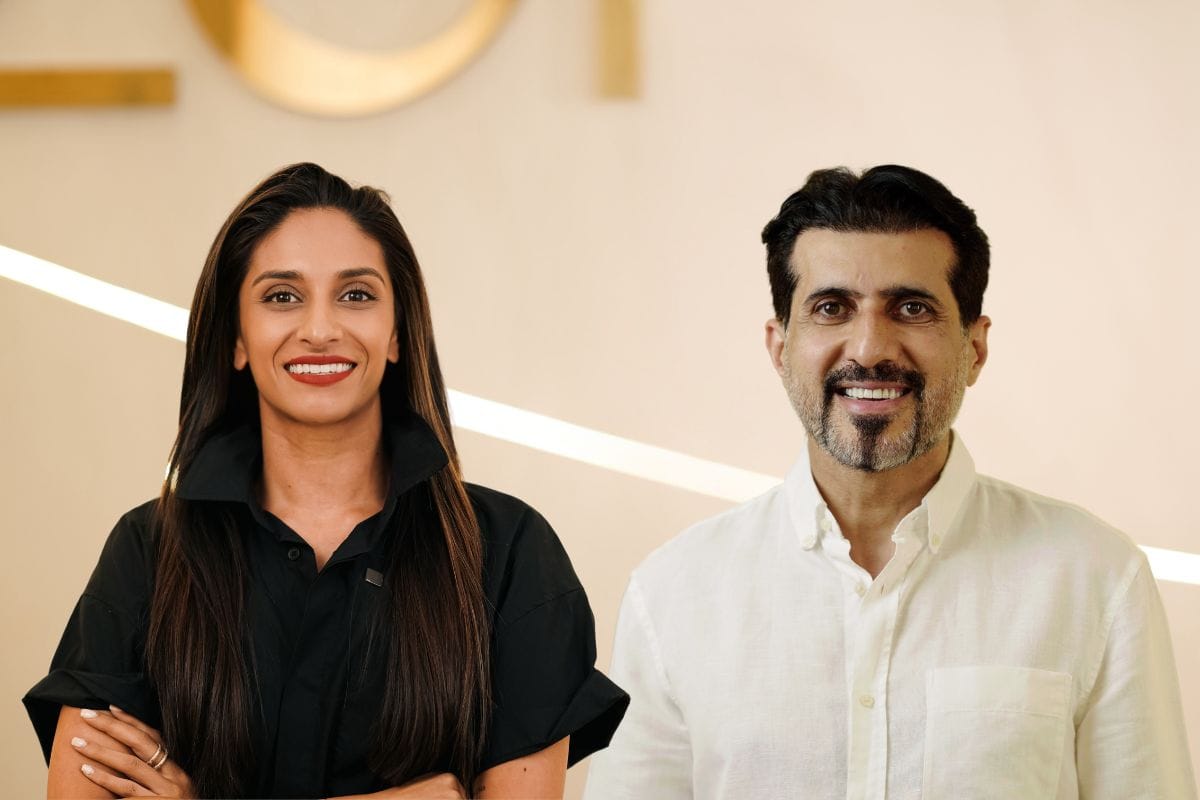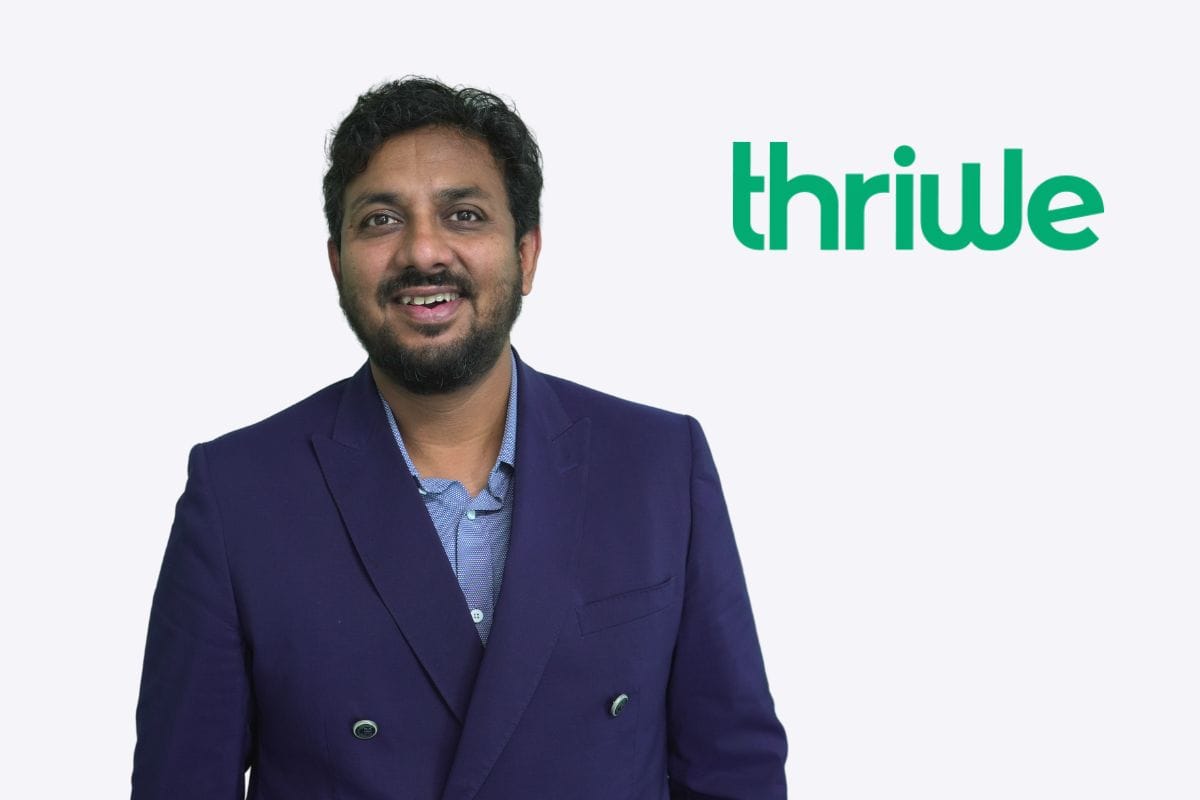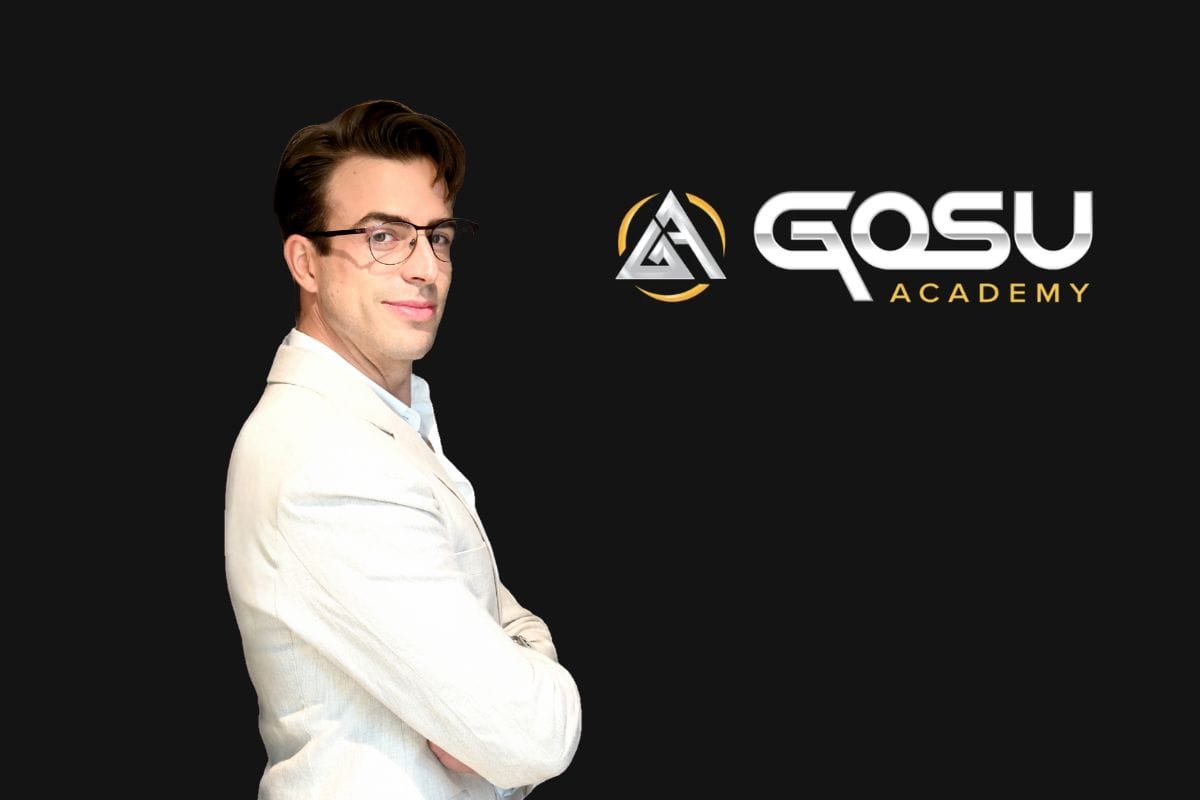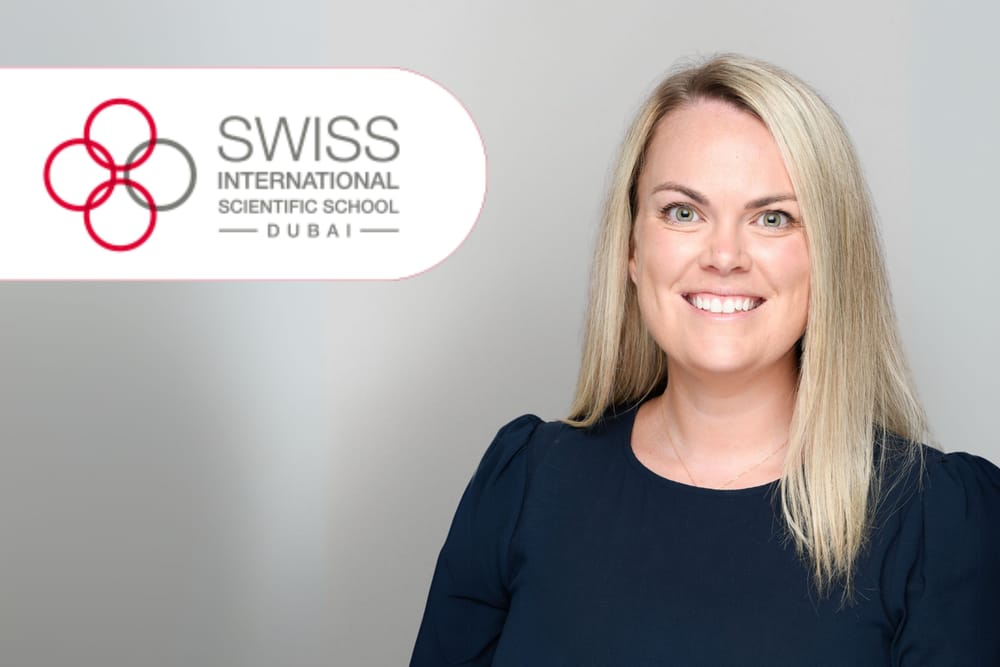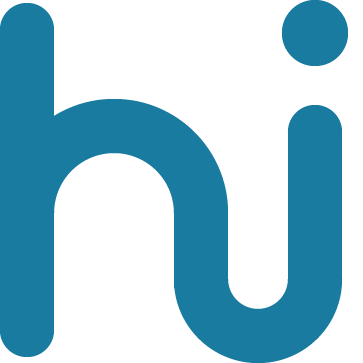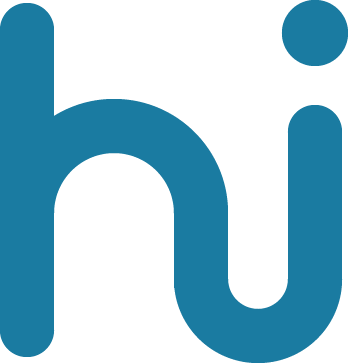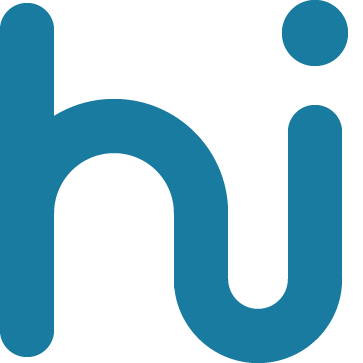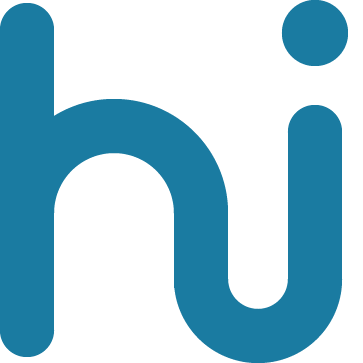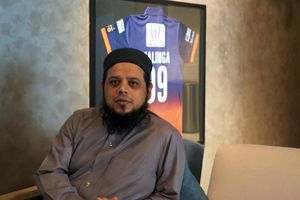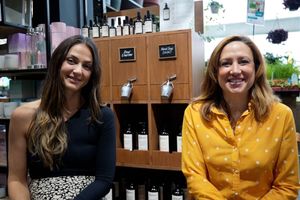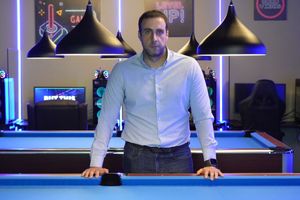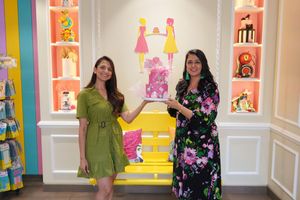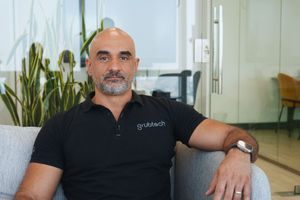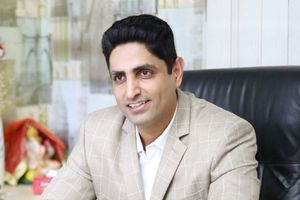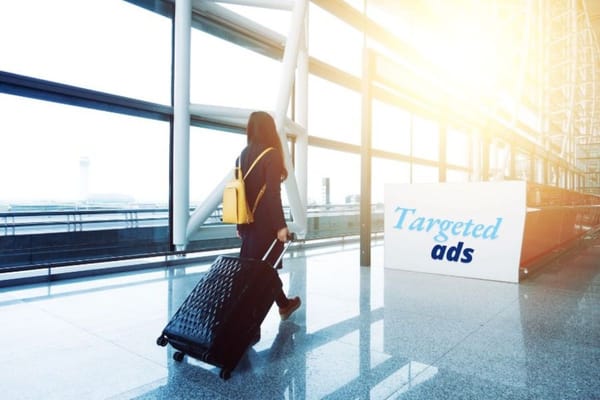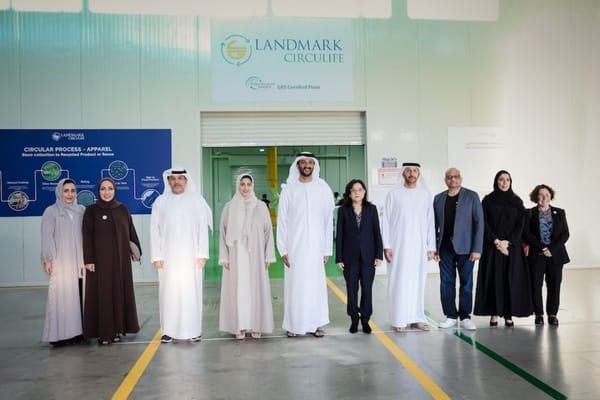Swiss International School Dubai (SISD), known for its innovative approach as an IB, bilingual boarding school, stands out as a leader in modern education. At the heart of this dynamic environment is Ashley Fitzgibbons, Head of Boarding, whose commitment to student development has played a crucial role in shaping SISD’s boarding program. In this interview, Ashley provides an insider’s perspective on what makes SISD unique, from the surge in boarding interest to the school’s dedication to holistic growth, sustainability, and fostering a vibrant, supportive community.
Could you give us an overview of SISD, and what makes it unique?
Our school is unique within the Dubai setting as it is a bilingual institution offering three different language pathways. We have a French stream, a German stream, and an English-speaking stream. In our French and German streams, children learn in both languages, which is truly impressive—it’s amazing to hear students speaking different languages in the corridors. Additionally, we are a boarding school, one of only two in Dubai, which is remarkable. We have 120 students living on campus, and our boarding program has strengthened year after year.
We also offer a comprehensive IB curriculum from pre-KG to grade 12, including the PYP, MYP, DP, and CP programs. One highlight of our CP program is our partnership with Emirates Hospitality, which we complement with a Level 3 Extended BTEC in hospitality. This provides students with valuable, hands-on learning experiences.

What educational gaps did the founders of the school aim to address by offering a bilingual program in Dubai?
Our founder, Omar Daniel, attended a boarding school in Switzerland. When he moved to Dubai and had his children here, he realized that the type of education he experienced growing up was not available. He wanted to offer his children a similar experience, incorporating boarding and Swiss languages. His vision was pioneering at the time, as the concept of boarding schools was relatively new in this region. The initiative has been highly successful, which is incredible. He also aimed to introduce Swiss languages, specifically French and German, reflecting his heritage. We owe much to our founder, Omar Daniel, for bringing this vision to life.
Are you planning on incorporating more languages or different types of activities?
Currently, we offer French and German streams, and we also provide Spanish in our secondary school as a Language B and initial language option. Additionally, being based in the UAE, our students learn Arabic, which is fantastic for them to gain exposure to the local language.
At the moment, there are no plans to incorporate more languages. However, we are always open to new ideas and initiatives, listening closely to feedback from our students and parents. The student and parent voices are very important to us at SISD, and when they present suggestions, we take them into consideration and explore possible implementations.
How does SISD handle feedback or criticism from parents regarding the school's policies or programs?
Parent and student feedback is vital, and we see parents as partners. Our active parent association organizes events like the Winter Wonderland and provides feedback that shapes our programs. For example, we added theatre and design technology to our DP subjects in response to parent input over the past two years. Feedback has also driven facility upgrades, such as expanded classrooms and improved play areas. Future plans include redeveloping the canteen, based on parent feedback and community input. A recent example of our collaboration was when the parent association addressed speeding near the school by taking action to ensure children's safety, embodying our core value of partnership.
What specific initiatives does SISD have in place to promote sustainability within the school community?
Sustainability is one of our four core values, alongside bilingualism, togetherness, and excellence. It is deeply integrated into our school culture. For example, when you arrived, you may have noticed our solar panels in the covered parking area, which were installed last year. This initiative helps generate part of the energy used in the school.
We also run many sustainability-focused projects with the students, such as Animal Day and Water Day, to build awareness. Our lights are on automatic timers, and water taps are similarly managed to minimize waste. We have water dispensers throughout the school and encourage all students to bring their own water bottles.
Being part of the Nord Anglia group, which includes over 80 schools worldwide, we benefit from shared sustainability initiatives and partnerships with other schools. This collaborative approach allows us to adopt and participate in global sustainability practices.
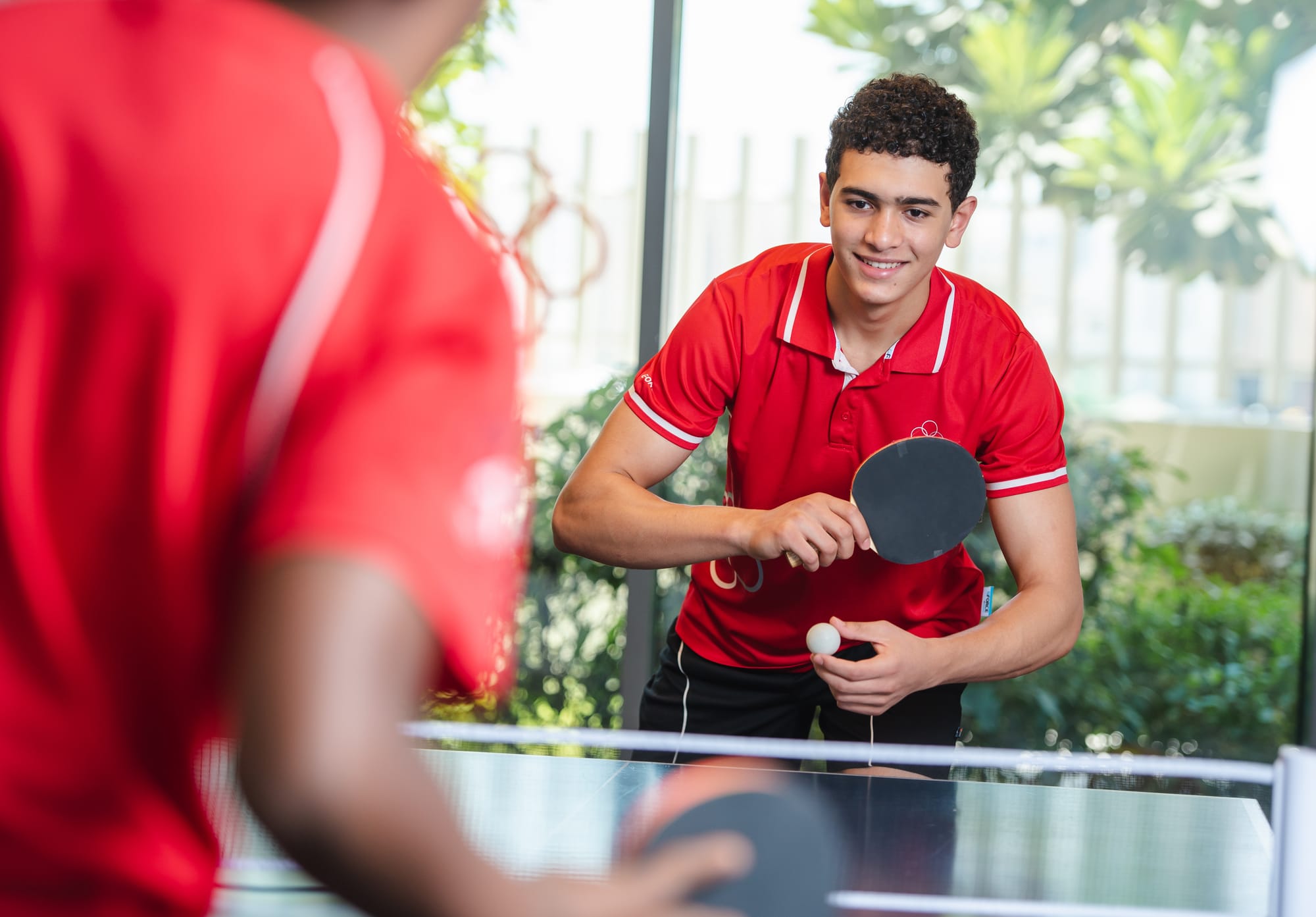
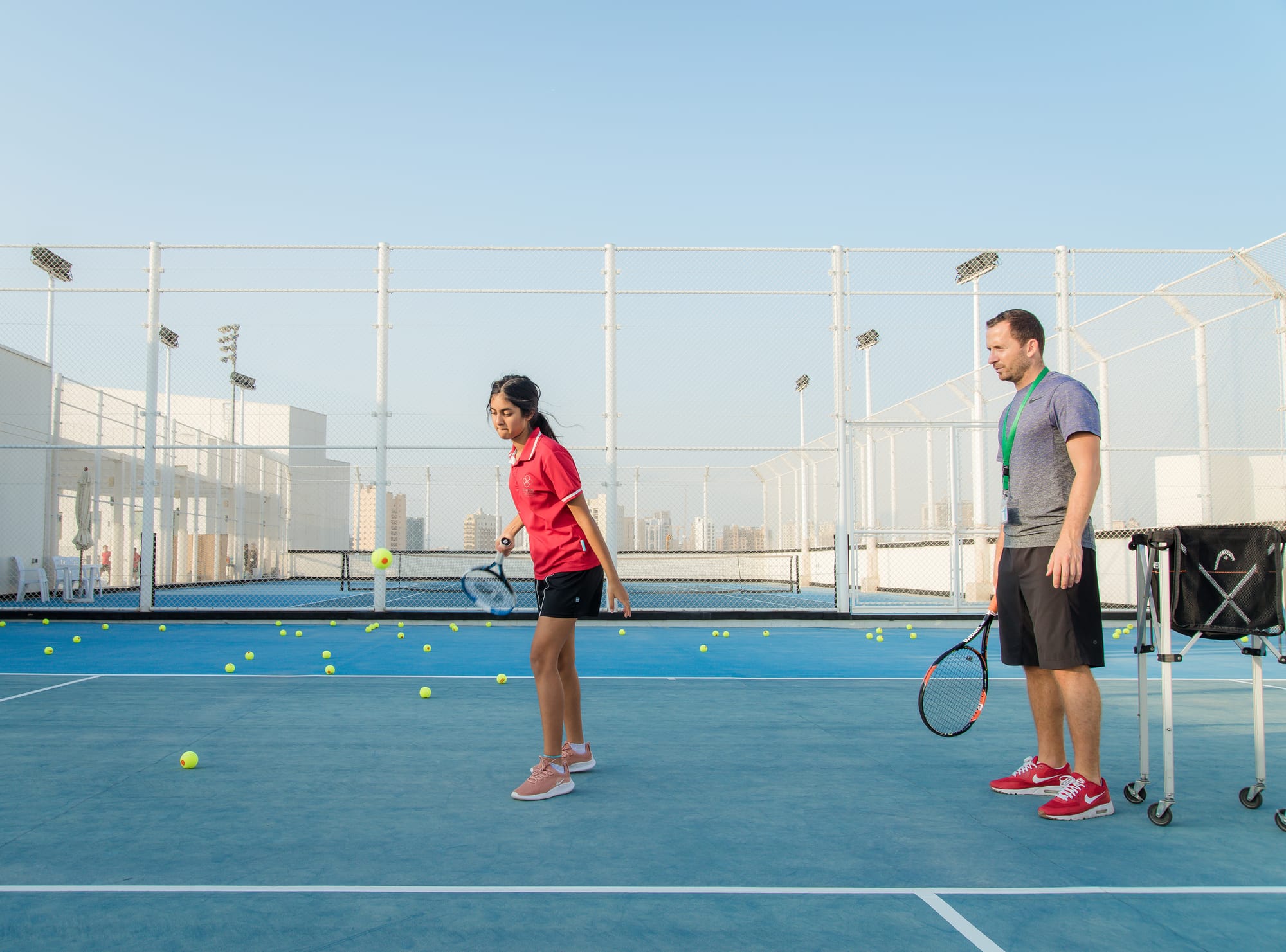
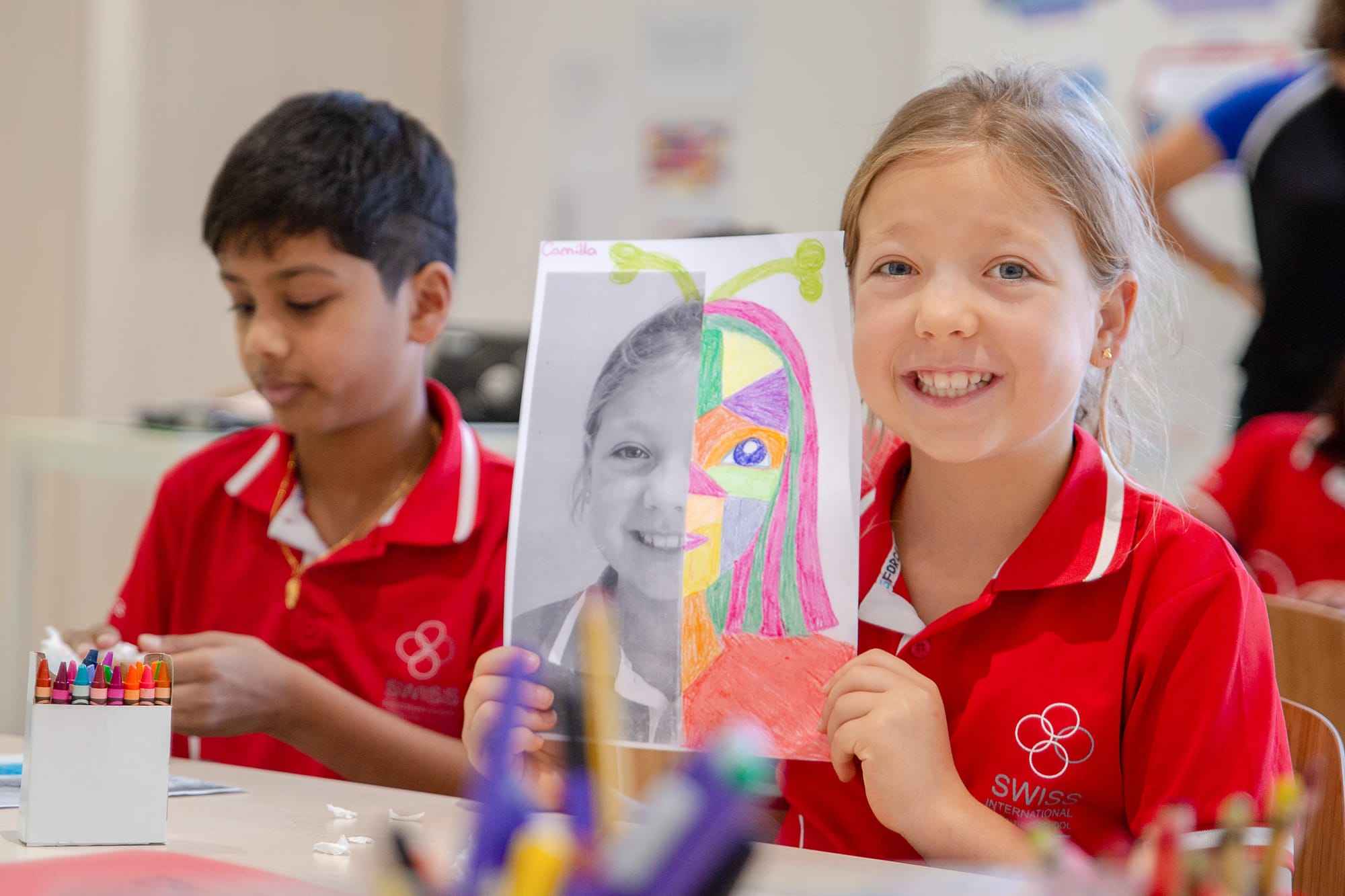
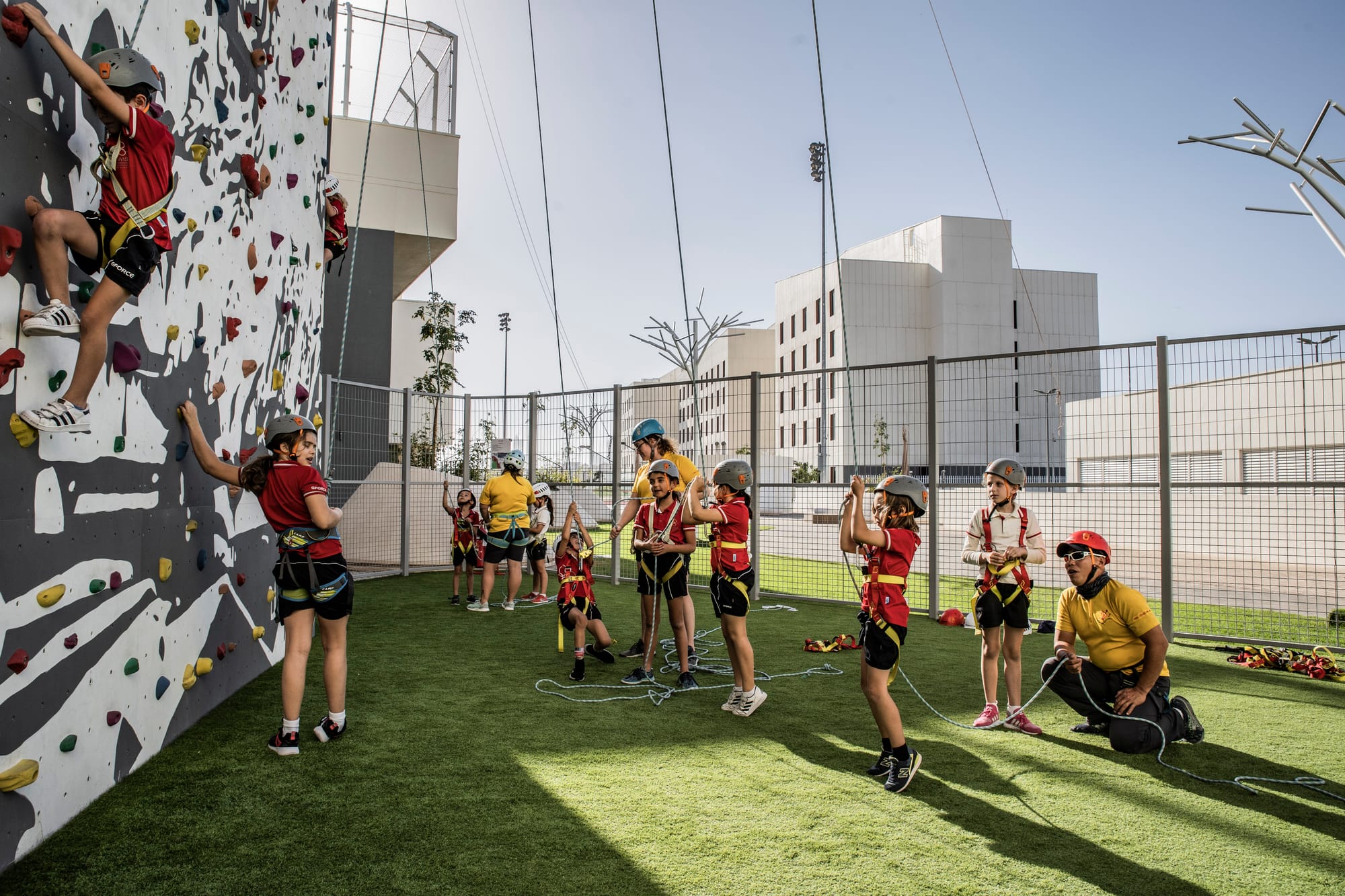
Does SISD have any set goals for reducing its environmental impact? If so, what are they?
Our primary goal is to reduce overall energy consumption, which is why we invested in solar panels. Another key focus is minimizing waste, particularly in the canteen, where our provider has been proactive in reducing food waste. We encourage students to follow the principles of reduce, reuse, and recycle, and our art department incorporates this into projects using repurposed materials.
Last year, our students represented the school and Dubai at the World Finals of Form and Fusion in Monaco, a competition centered around creating costumes from waste materials. Sustainability is woven into our daily activities, making it more of a lifestyle choice than a single objective.
What are the benefits of a bilingual education program, as offered by SISD?
Bilingual education is crucial in our globalized world. Employers increasingly seek multilingual or bilingual individuals who can thrive in interconnected work environments. The ability to communicate in multiple languages is an invaluable skill, supported by technologies like Zoom and email, which connect us globally.
Our program provides students with a strong foundation for future employment and equips them with the skills to adapt and succeed anywhere in the world. It’s particularly rewarding to see our students use their French and German language skills while traveling and interacting internationally.
How does SISD support students who are new to the English language or another language of instruction?
Language development is a key focus at SISD. Being in Dubai, we frequently welcome new families, which is incredible. Last year alone, our student body grew by over 700, many of whom did not have English as their first language. Our admissions team is exceptional in facilitating this transition.
We have a dedicated ESL (English as a Second Language) department to support students who need assistance. Our teachers are highly skilled in language instruction, which is embedded in our school's DNA. Additionally, as a boarding school with two houses, Geneva and Zurich, we partner with ES Dubai, a language provider, to offer extra English language lessons specifically for our boarding students.
One significant benefit of boarding for students who do not speak English as their first language is that they are encouraged to use English at all times. The improvement in their language skills over a short period is truly impressive.
Where are these students mostly from? How long does it take for them to adapt and use English fluently?
In our boarding environment, we have students from over 25 nationalities, and the school as a whole represents 102 different nationalities, creating a truly multicultural atmosphere. Currently, many boarding students come from nearby regions such as Russia and Iran. We also welcome students from the United States, Japan, and China, and work with Aramco in Saudi Arabia, bringing in students after grade nine. Language development is rapid due to immersion. Most students become adequately proficient in English within a few months of consistent practice and exposure.
What is the daily life like for students in the SISD boarding program?
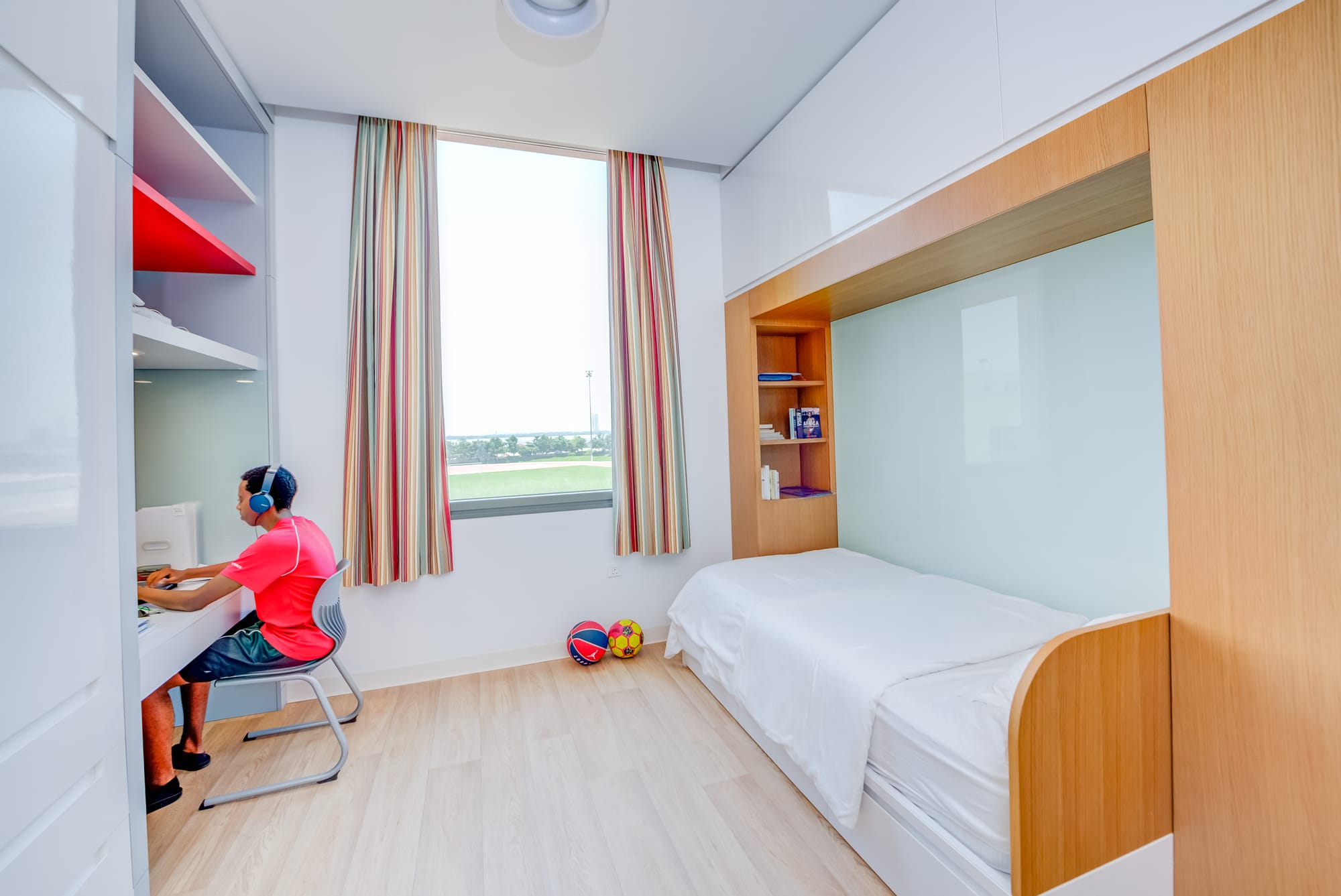
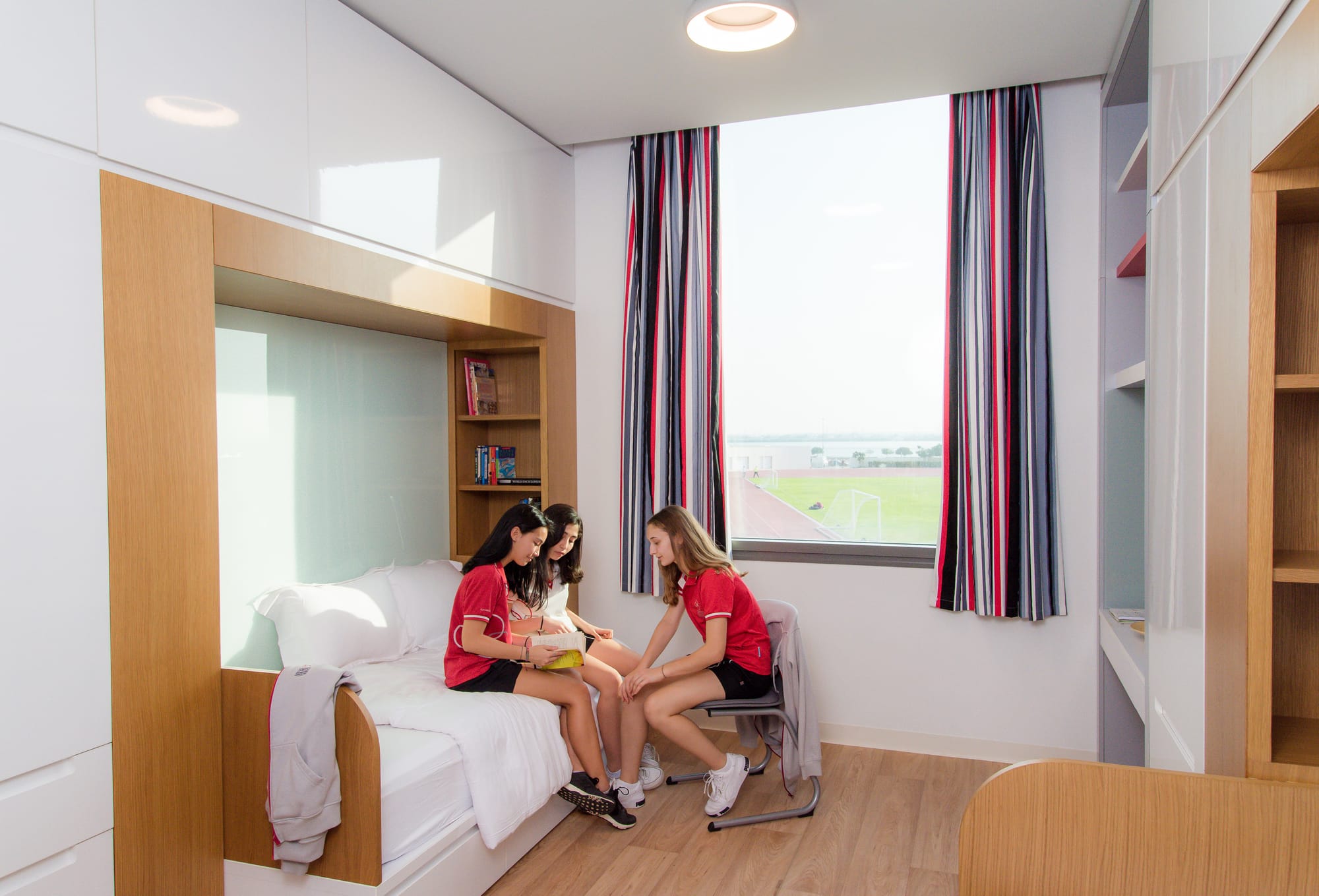
The boarding program at SISD prioritizes enrichment activities and collaborations with various providers. Weekdays begin at 7:15 AM with breakfast from Swiss Canonical, followed by school until 3:30 PM. After classes, students participate in after-school activities (ASAs) or return to the boarding house for snacks at 4:30 PM. Study sessions feature a hybrid support model with boarding staff and secondary teachers providing academic assistance. Dinner is followed by an evening enrichment program, including activities like boxing, swimming, paddle tennis, music, and art.
Weekends feature diverse programs. Fridays include English practice and partnerships like the sailing fellowship with the Dubai Offshore Sailing Club (DOSC). Supervised outings to places like Dubai Mall and Kite Beach offer relaxation and exploration. On Saturdays, students enjoy a late start with brunch at 11:00 AM, followed by activities with partners such as Surf Pirates, including deep diving and beach lifesaving. Cultural visits to the Sheikh Mohammed Cultural Center and life skills classes at ICA Culinary School are also part of the weekend lineup. Older students (grades 10-12) can obtain international first aid qualifications. Fun outings to attractions like Ferrari World, IMG Worlds of Adventure, and Dubai Frame balance the schedule, providing students with cultural, educational, and recreational experiences for holistic development.
What are some of the key differences between the IB program and other curricula offered in Dubai?
Having taught the IB for seven years and other curricula, I can confirm that the IB stands as the gold standard of education, fostering unmatched critical thinking skills. In grades 11 and 12, students undertake a 4,000-word extended essay or reflective project, requiring deep analysis and proper referencing on topics like supply chain management, preparing them for college with practical skills. The IB emphasizes the learner profile and learning approaches, ensuring students gain a comprehensive skill set. The MYP assesses students using four criteria—knowledge, pattern recognition, communication, and real-life application—enhancing critical thinking. In grade 10, students complete a personal project involving academic writing and creation, while grade 9 features a community project promoting engagement in activities like sustainability initiatives or reading to younger children at Al Jalila Hospital. This real-world focus builds well-rounded global citizens.
How does SISD integrate STEAM (Science, Technology, Engineering, Arts, and Math) principles into its curriculum?
In primary school, STEAM is embedded in the English stream with various related activities. In secondary school, we offer design technology, covering digital and resistant materials design, as part of the curriculum from grade 6 to grade 10, with options to continue in grades 11 and 12. Science is integral to STEAM, so we provide courses in physics, biology, and chemistry, as well as Environmental Systems and Societies (ESS) for older students.
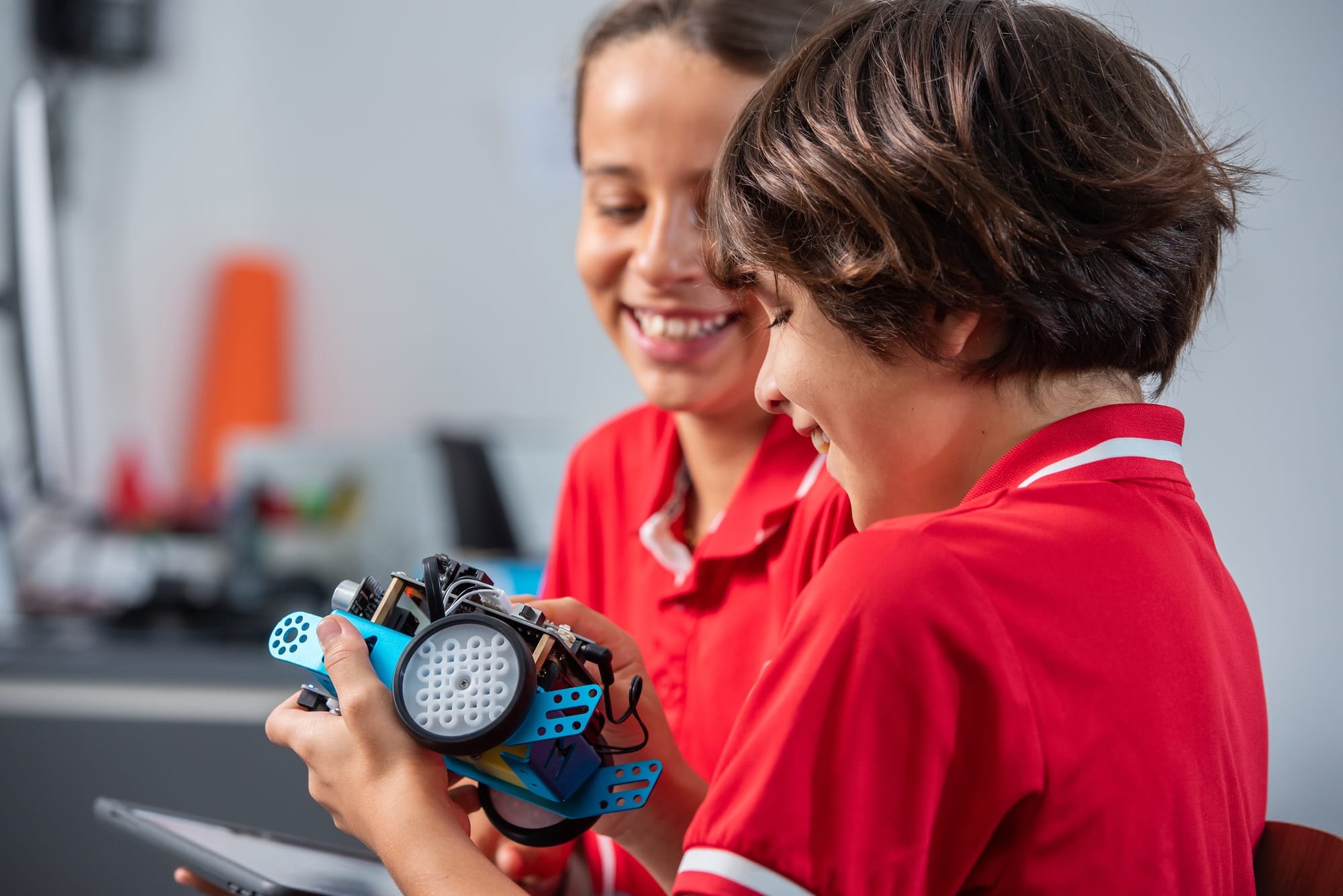
Technology integration is a key aspect, with students regularly using their laptops and learning various educational programs to enhance their studies. We also provide comprehensive career support, with a dedicated university counselor meeting with students and families to guide them through university applications, whether in Dubai, Europe, the U.S., or other regions. Our inclusive approach ensures that every student has the support to follow their chosen pathway in education and beyond.
What are some of the challenges faced by the Inclusion team, and how does SISD support them in overcoming these challenges?
Our inclusion team is exceptionally strong and was rated highly by KHDA last year, which is a testament to their hard work. One of the main challenges they face is ensuring that each child receives the appropriate support. Our Head of Inclusion, Ashley O'Connor, excels in addressing this by building partnerships with external providers.
We have physiotherapists, occupational therapists, and speech and language therapists who come to the school, ensuring that students receive comprehensive support on campus. The main challenge lies in identifying the support each child needs and sourcing it, but our team has solidified this process, leading to thriving students.
How does SISD address the social and emotional well-being of students who may not have strong support systems at home?
Supporting students' social and emotional well-being is crucial, particularly for those lacking strong home support. SISD has well-being counselors in both primary and secondary, with the secondary counselor providing additional evening support to boarding students. A robust safeguarding team, including a designated school lead and deputies in each section, ensures comprehensive care. Learning coordinators monitor students' overall development and refer them to the counselor when needed. The medical team, led by an experienced director and four nurses, also supports health needs, contacts parents, and provides medical guidance. SISD's holistic approach prioritizes nurturing students beyond academics for a well-rounded experience.
How do these factors influence the design of tuition and the pricing of extracurricular programs?
For boarding fees, we adopt an inclusive approach. Our boarding fees cover all weekend activities, meals, uniforms, and other essentials. The only extras parents might pay for are specific requests like additional English language lessons or specialized activities such as piano lessons.
This comprehensive pricing model ensures that parents don’t face unexpected bills at the end of each term, making it easier for students to fully participate in activities without barriers. This approach has worked well, fostering inclusivity and participation, as all students can join weekend trips and programs without additional financial concerns.
How do you tackle bullying and harassment at SISD?
That's a great question and an important topic we continually address. We have a comprehensive anti-bullying policy in place and are firm in our stance that bullying, whether physical or verbal, is unacceptable. We follow an escalation process and a positive behavior policy that focuses on educating students about their choices. Recently, we hosted guest speakers for both students and parents to reinforce this message.
Parent sessions are crucial, as education extends beyond school hours. With the constant connectivity brought by technology, parents need to support and guide their children at home. We remind students of our core value of togetherness, emphasizing respect and positive interactions. Disrespectful behavior is not tolerated, and we engage with students to discuss their choices and guide them toward better decision-making.
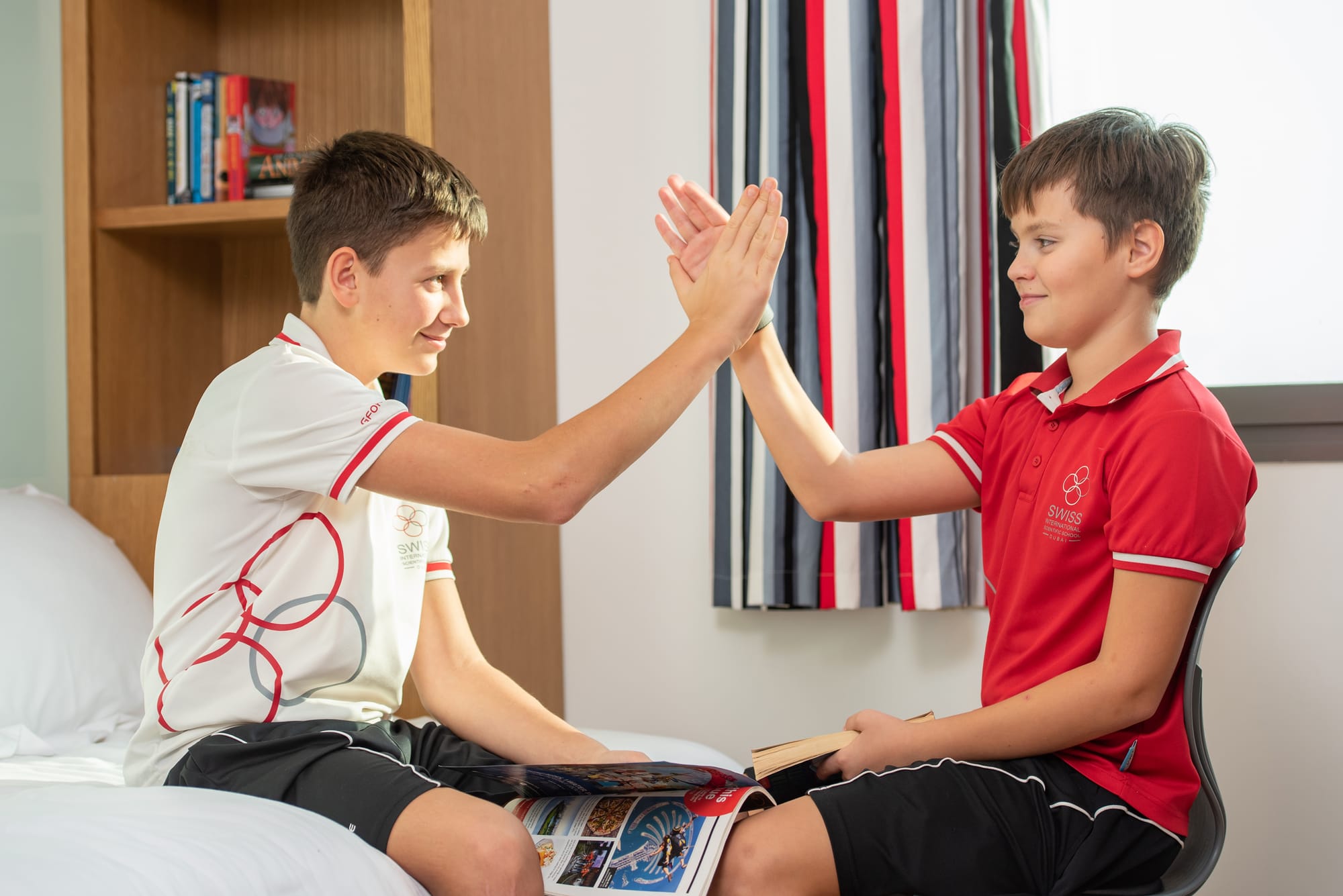
How do you measure the success of your anti-bullying policies and systems?
Success is gauged by the overall happiness and well-being of our students, as well as our low rates of reported bullying. We have stringent safeguarding measures and use a comprehensive management information system to track, report, and fully investigate all incidents. Immediate action is taken for any reported concern.
Homeroom teachers play a vital role in pastoral care by meeting with students every morning and providing weekly reminders about respect and proper behavior. We emphasize what positive behavior looks like, rather than simply highlighting negative actions. This proactive approach reinforces what students should be doing and fosters a respectful school environment.
How do you address the challenges of students circumventing anti-bullying systems?
We take a 360-degree approach that involves close collaboration with parents and everyone connected to the situation. Parents are informed and asked to support monitoring at home, as understanding the reasons behind a child’s behavior is essential for providing the right support.
We encourage parents to be vigilant and report any concerns. As a testament to our commitment, even visitor badges display information about reporting to the safeguarding team. This system ensures that vigilance is maintained not just by the school staff and administration, but by parents as well, creating a unified front against bullying.
How does SISD measure the success of its multilingual education programs?
Measuring success in education is complex and extends beyond grades. With 15 years of experience, I know it’s not solely about data, though our KHDA rating of “very good” and strong performance metrics like DP grades above the world average and high PISA and TIMSS results are notable achievements. The real measure lies in the school’s atmosphere—seeing happy, engaged students and parents who trust us with feedback. Our alumni community also reflects our success; when graduates stay connected and share positive experiences, it shows the lasting impact of their time at SISD. Ultimately, we prioritize the holistic development of each child, emphasizing their well-being and engagement as key indicators of our program’s effectiveness.
Watch the interview:
Also Read:
